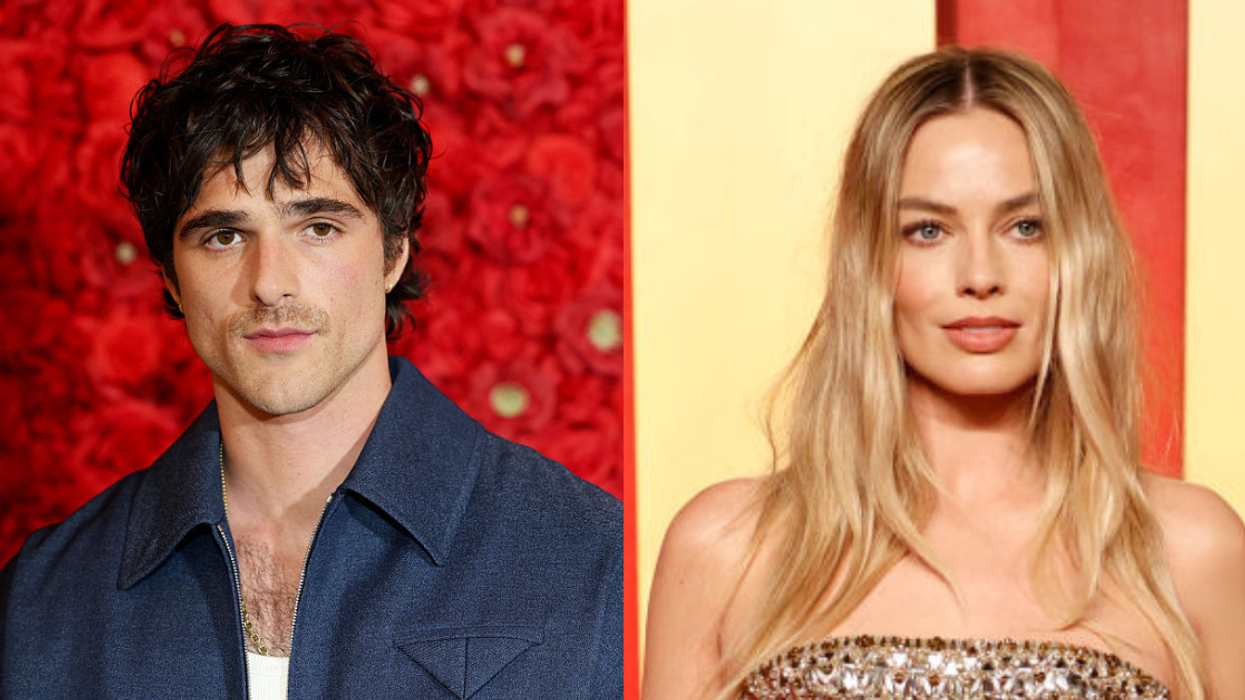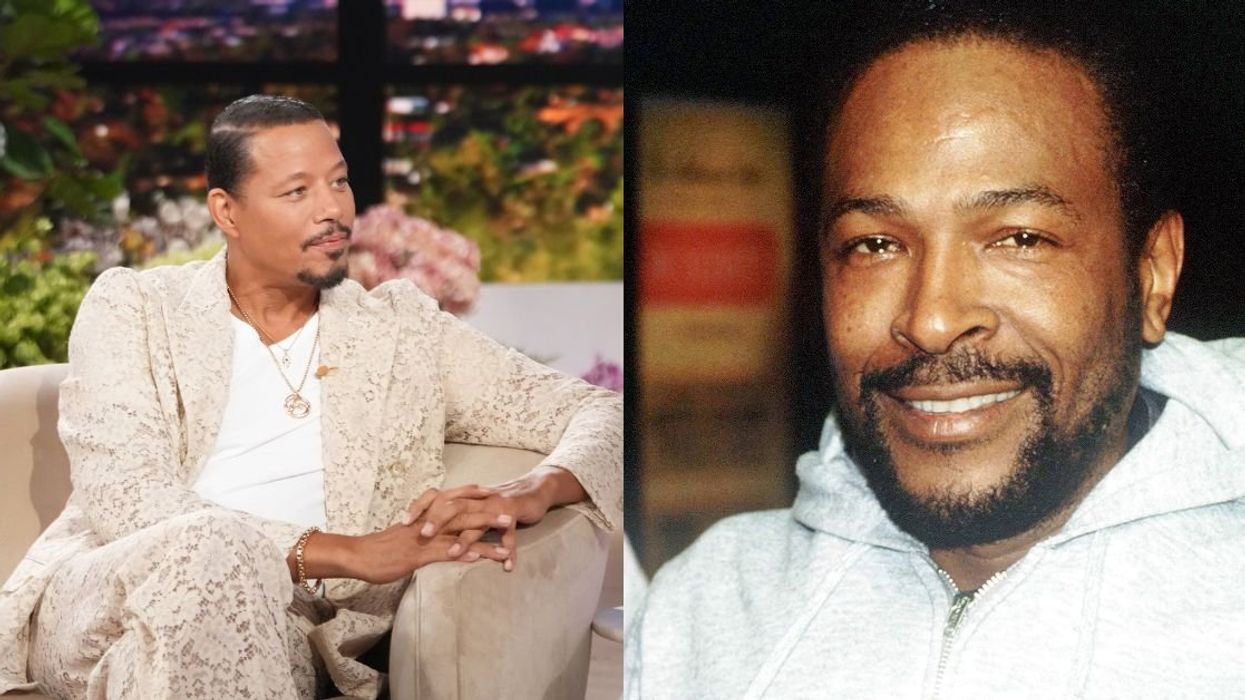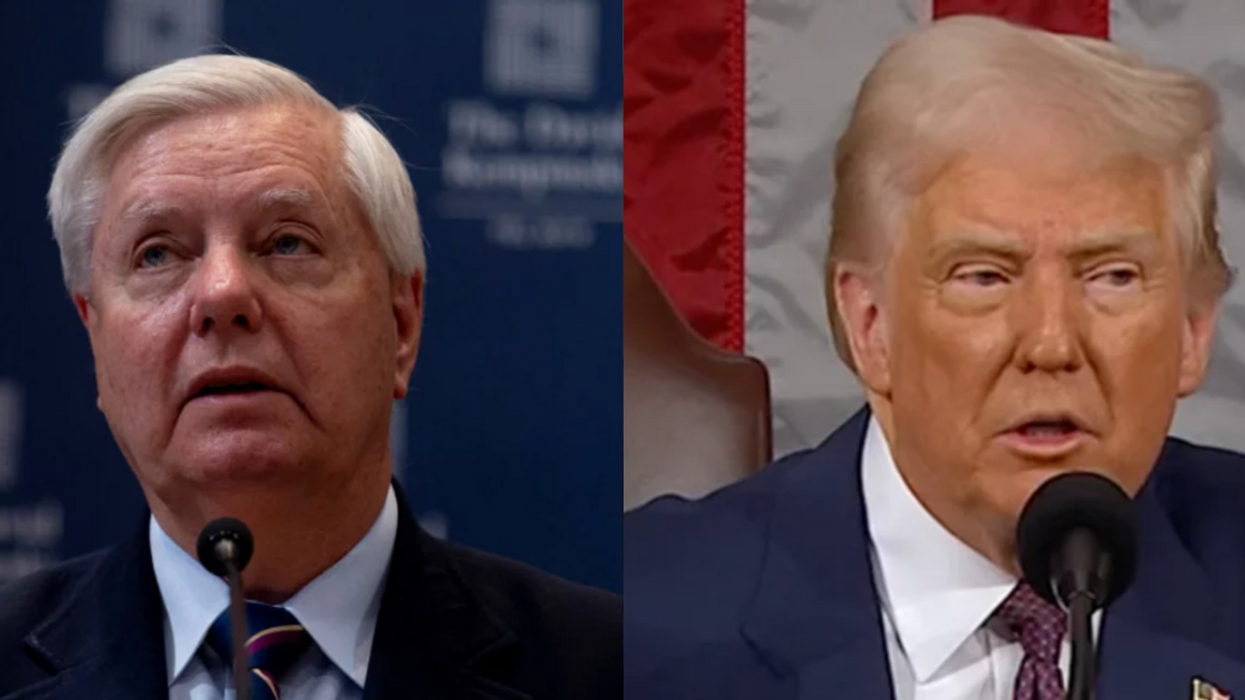Warner Bros. was forced to apologize for its "insensitive social media engagement" after its tone-deaf memes for the hit films Barbie and Oppenheimer—which have taken social media by storm as the unlikely double feature "Barbenheimer"—sparked outrage in Japan.
The turmoil ignited when the official Barbie Twitter account responded positively to "Barbenheimer" memes, which contained atomic bomb jokes. The memes featured images of Barbie star Margot Robbie and Oppenheimer star Cillian Murphy against apocalyptic backdrops.
In response to one meme, the Barbie Twitter account responded:
"We're always thinking PINK."
You can see it below.
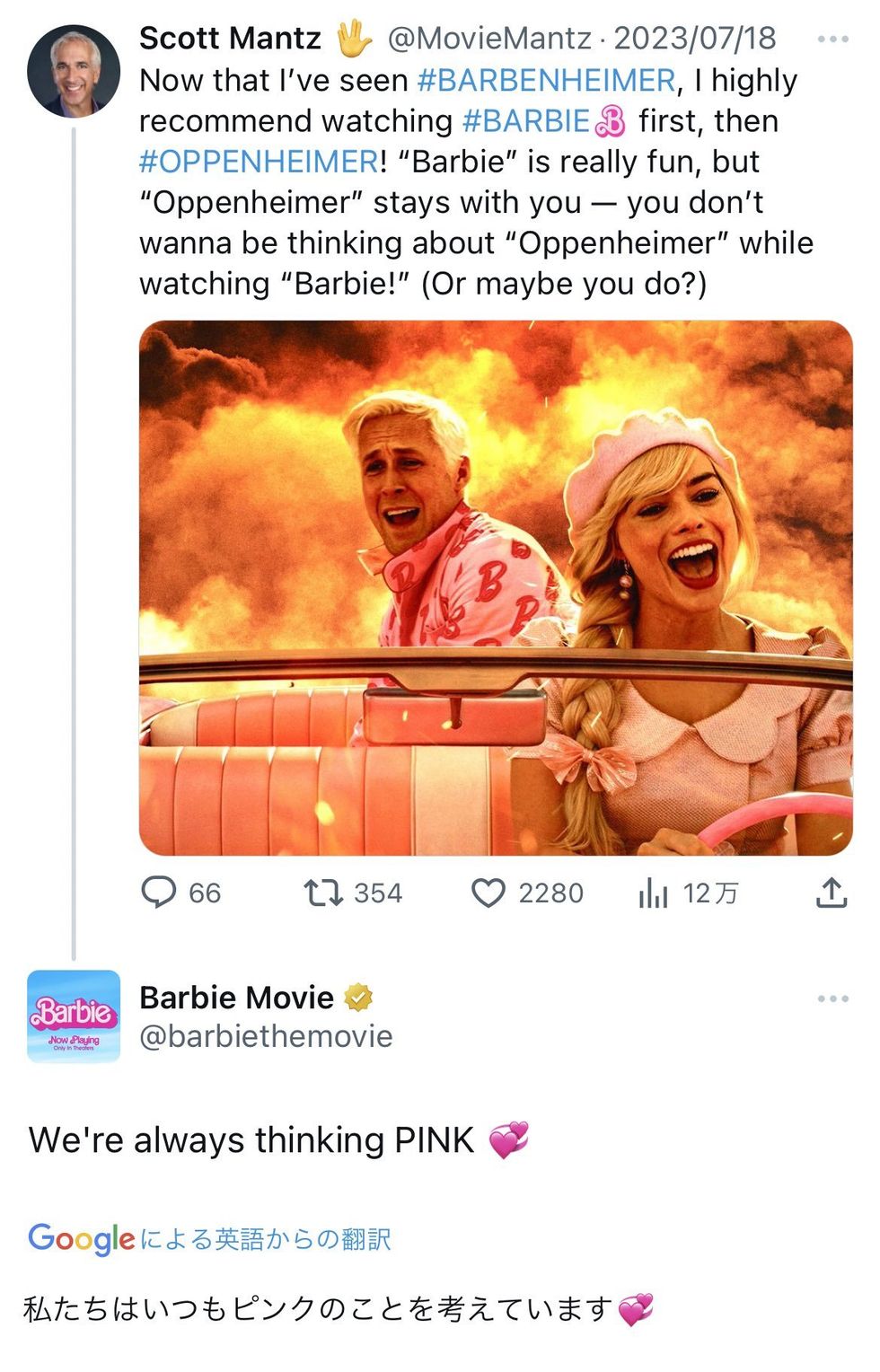
To another, similar meme, the account replied:
"It's going to be a summer to remember."
You can see it below.
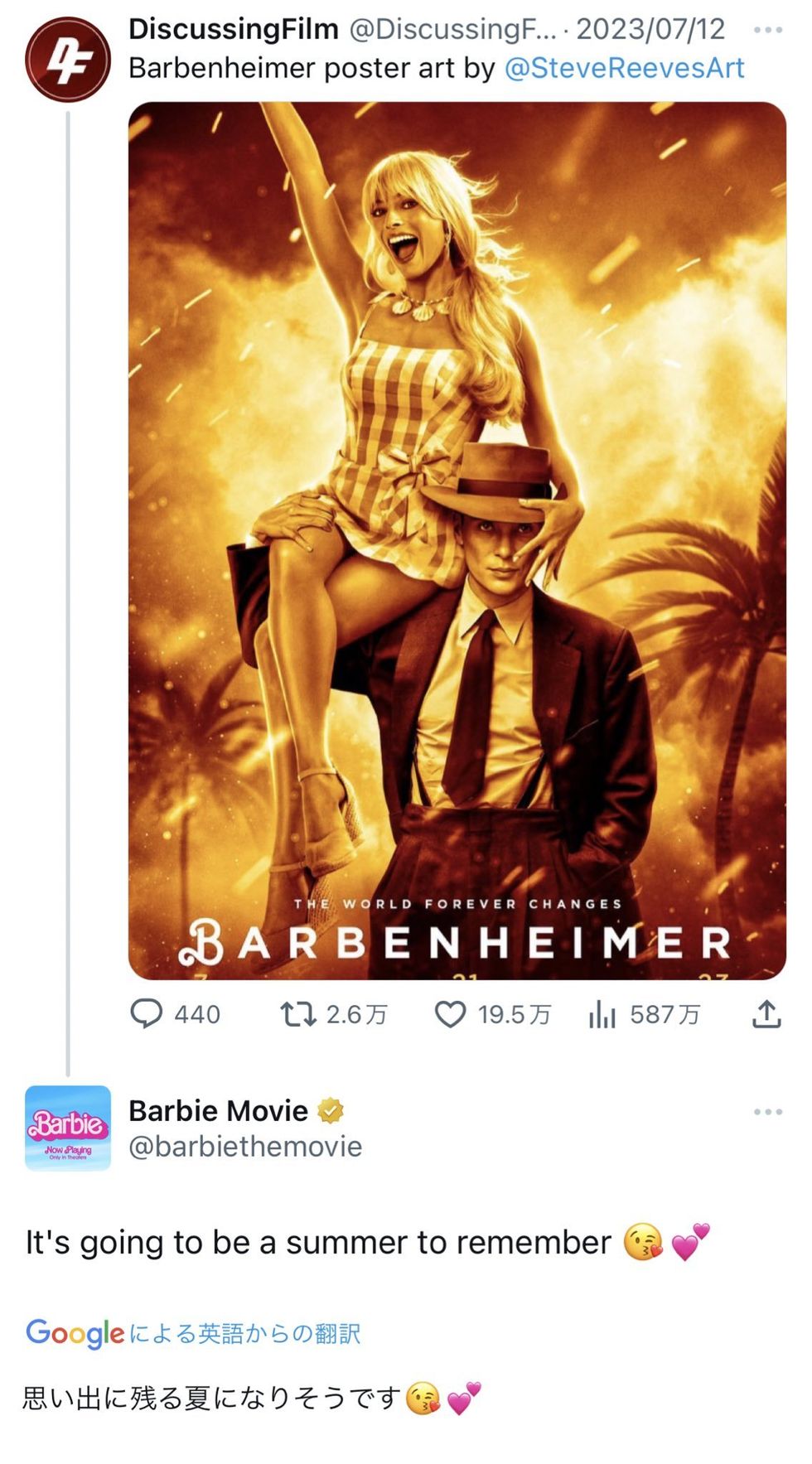
Additionally, the account responded to one Twitter user—who had edited Robbie's hair into the shape of an atomic bomb mushroom cloud—with the following:
"This Ken is a stylist."
You can see it below.
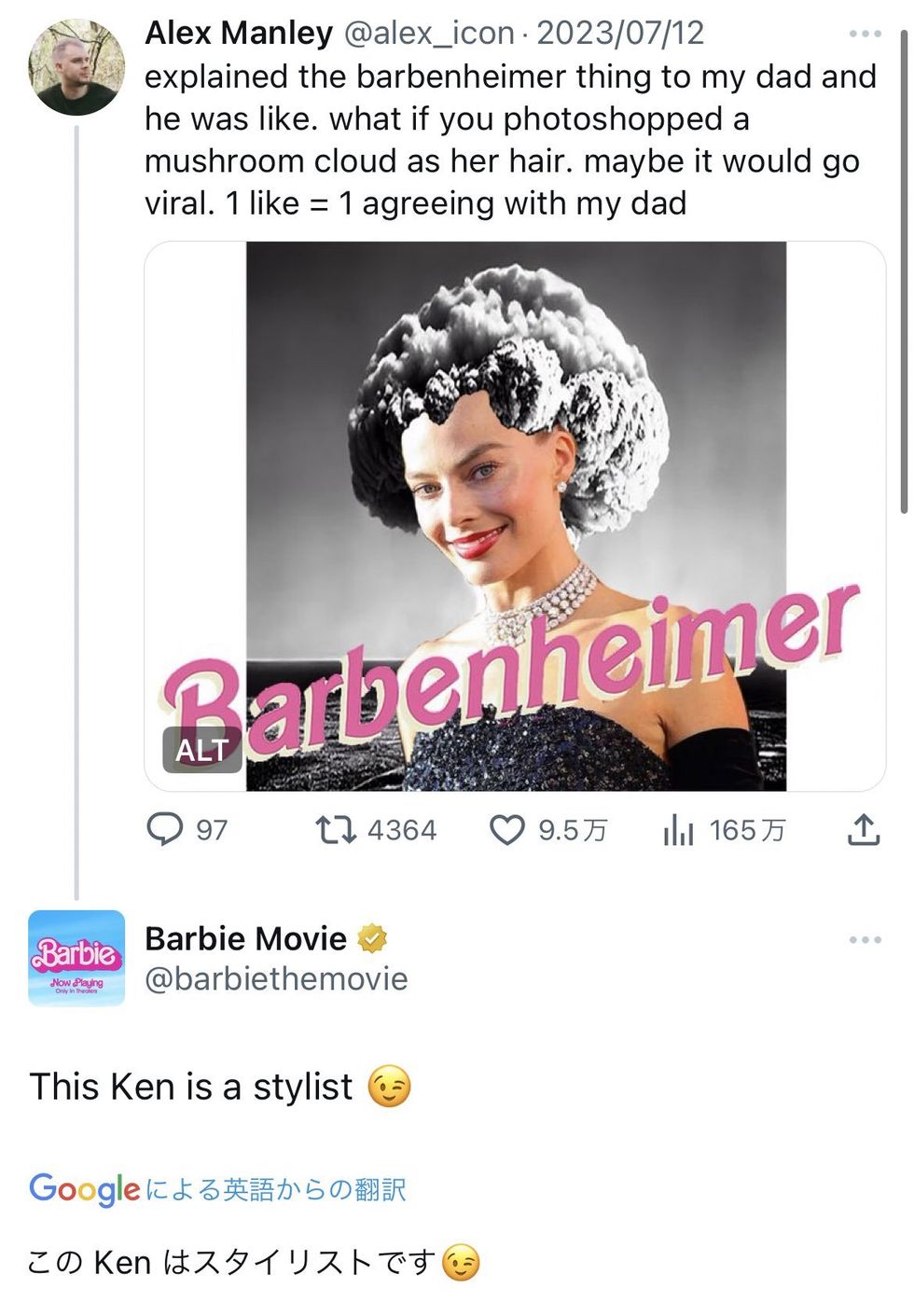
Social media users in Japan swiftly expressed their anger under the hashtag #NoBarbenheimer.
Given the upcoming release of Barbie in Japan, scheduled around the anniversaries of the atomic bombings of Hiroshima and Nagasaki, the timing was especially insensitive and offensive to many.
On August 6 and August 9, 1945, the United States executed the detonation of two atomic bombs above the Japanese cities of Hiroshima and Nagasaki, correspondingly.
The aerial assaults resulted in the demise of an estimated 129,000 to 226,000 individuals, predominantly civilians. These incidents remain unparalleled as the sole deployment of nuclear weaponry in an armed conflict.
n the ensuing span of two to four months, the aftermath of the atomic bombings resulted in the passing of an estimated 90,000 to 146,000 lives in Hiroshima and 60,000 to 80,000 lives in Nagasaki. Roughly half of these casualties transpired on the initial day of the bombings.
Over the subsequent months, a multitude of individuals continued to succumb to the consequences of burns, radiation sickness, injuries, and a compounding of afflictions stemming from illness and malnutrition. The majority of those lost were civilians.
Scholars have undertaken exhaustive scrutiny of the ramifications of these bombings on the subsequent course of global history and prevailing popular culture.
The ethical and legal grounds for the bombings remain a subject of intense debate. Advocates argue that the employment of atomic bombs was an essential measure to hasten the conclusion of the war with minimal loss of life.
On the contrary, critics contend that the bombings were excessive for achieving the war's cessation, branding them as an affront to morality and ethics, highlighting the deliberate nuclear assault on civilian populations as a grave war crime.
Responding to the public backlash, the Japanese "Barbie" Twitter account issued an apology, condemning the U.S. counterpart's actions as "extremely regrettable."
Warner Bros. also issued a formal apology and pledged to remove the offensive tweets, telling Variety:
“Warner Brothers regrets its recent insensitive social media engagement. The studio offers a sincere apology."
The tweets were seen by many as making light of tragic historical events and were met with widespread condemnation.
Both Barbie and Oppenheimer have faced controversy beyond Japan.
In Vietnam, Barbie was banned due to a scene depicting China's "nine-dash line"—which indicates the territorial claims of the People's Republic of China and the Republic of China in the South China Sea—in a move that angered officials.
Oppenheimer faced criticism in India for referencing a sacred Hindu text in a sex scene and for not adequately addressing the stories of those affected by the development of the atomic bomb.



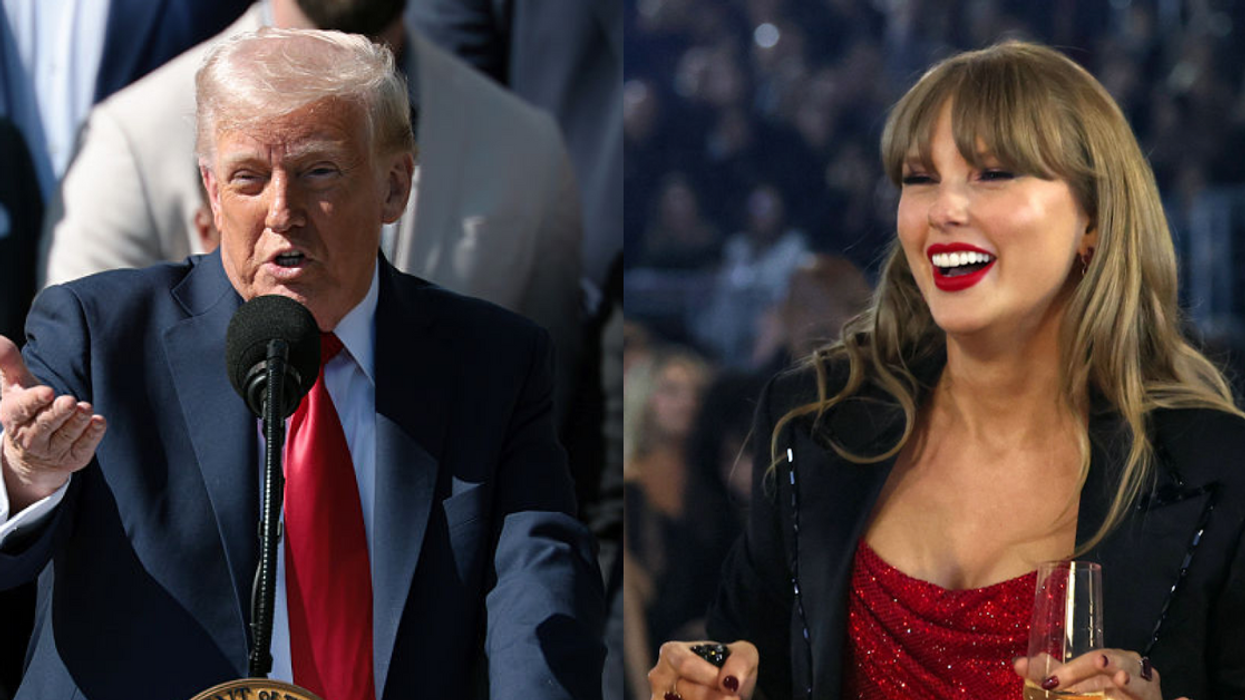



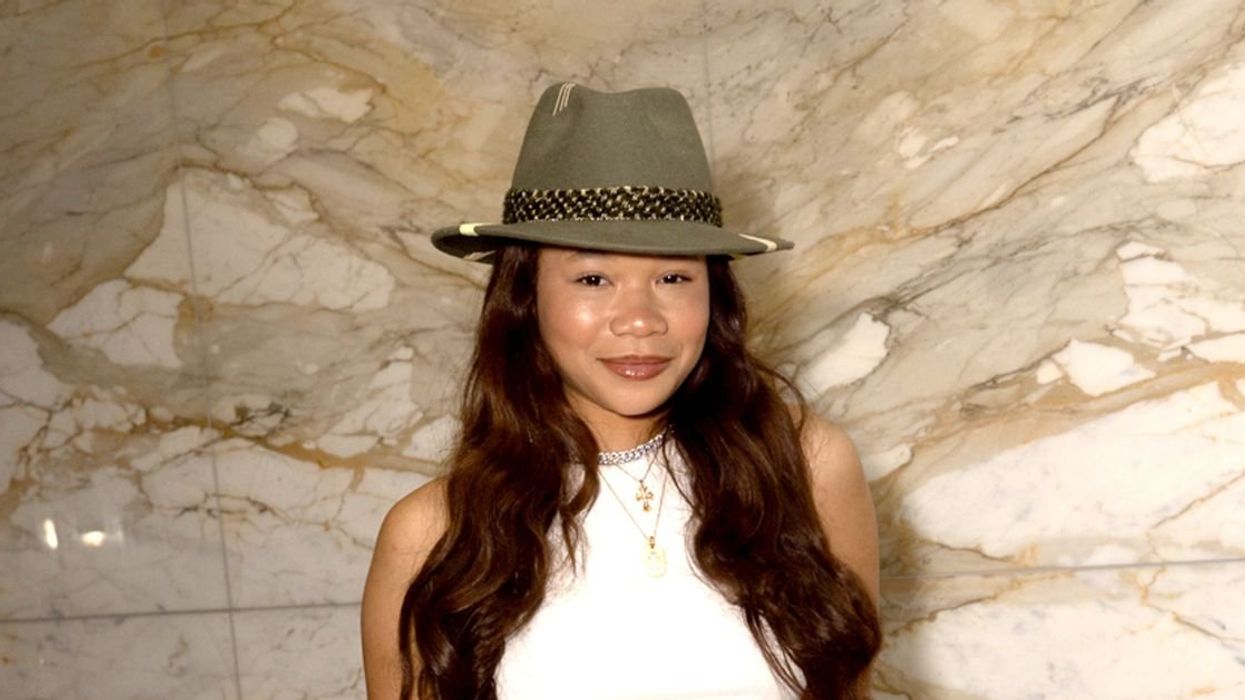
 @angel/TikTok
@angel/TikTok
 DeAndre Brown/TikTok
DeAndre Brown/TikTok
 @martina/TikTok
@martina/TikTok
 Lanee Wallace/TikTok
Lanee Wallace/TikTok
 @peeshapeesha/TikTok
@peeshapeesha/TikTok
 @melaninmagnificent/TikTok
@melaninmagnificent/TikTok
 Jennesy Ivette/TikTok
Jennesy Ivette/TikTok
 Naná/TikTok
Naná/TikTok
 JD/TikTok
JD/TikTok
 @zeze_b/TikTok
@zeze_b/TikTok

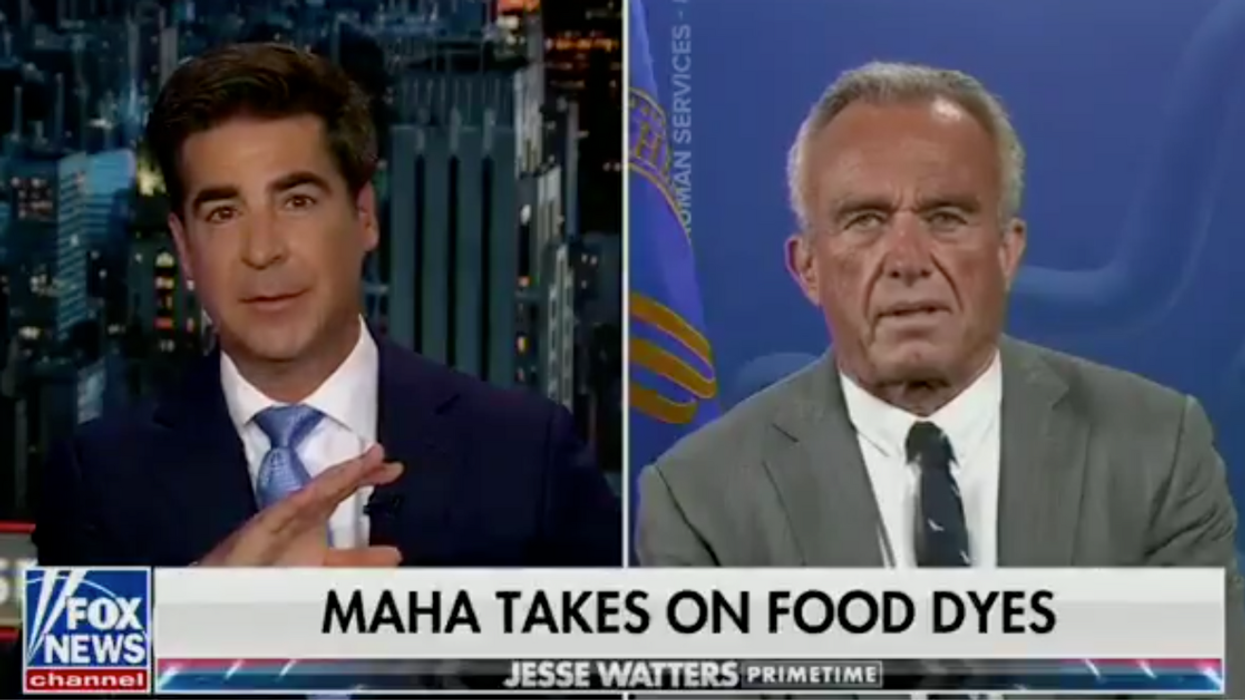

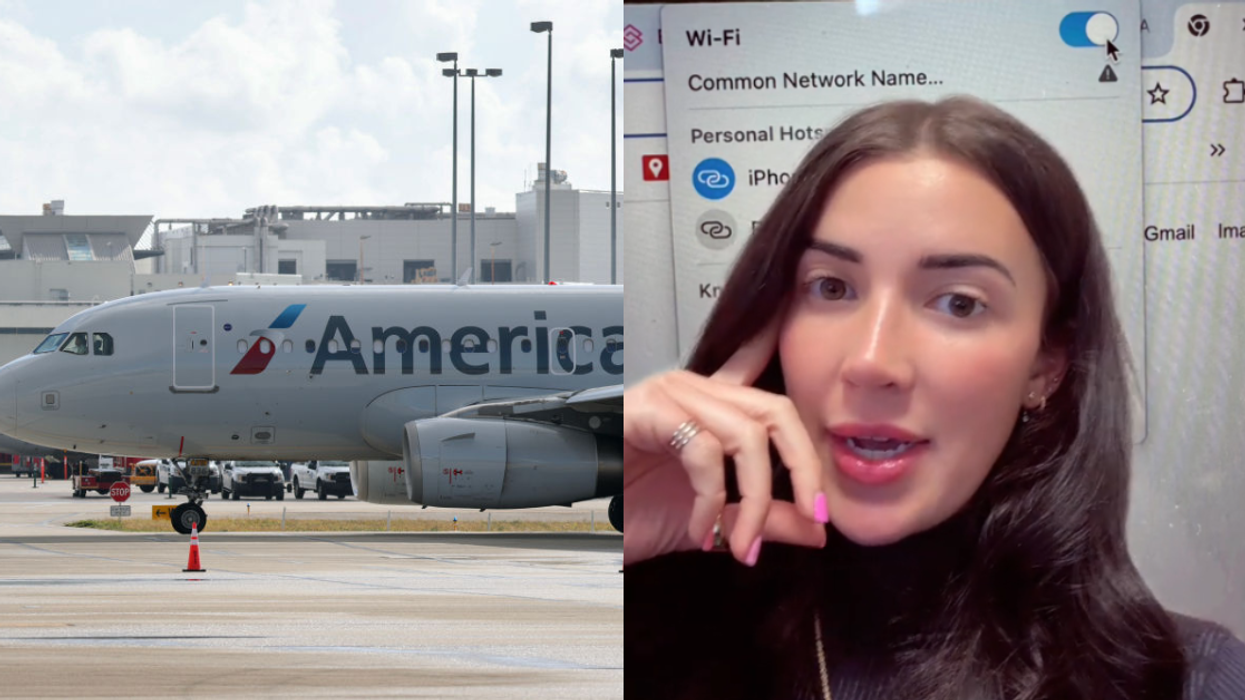

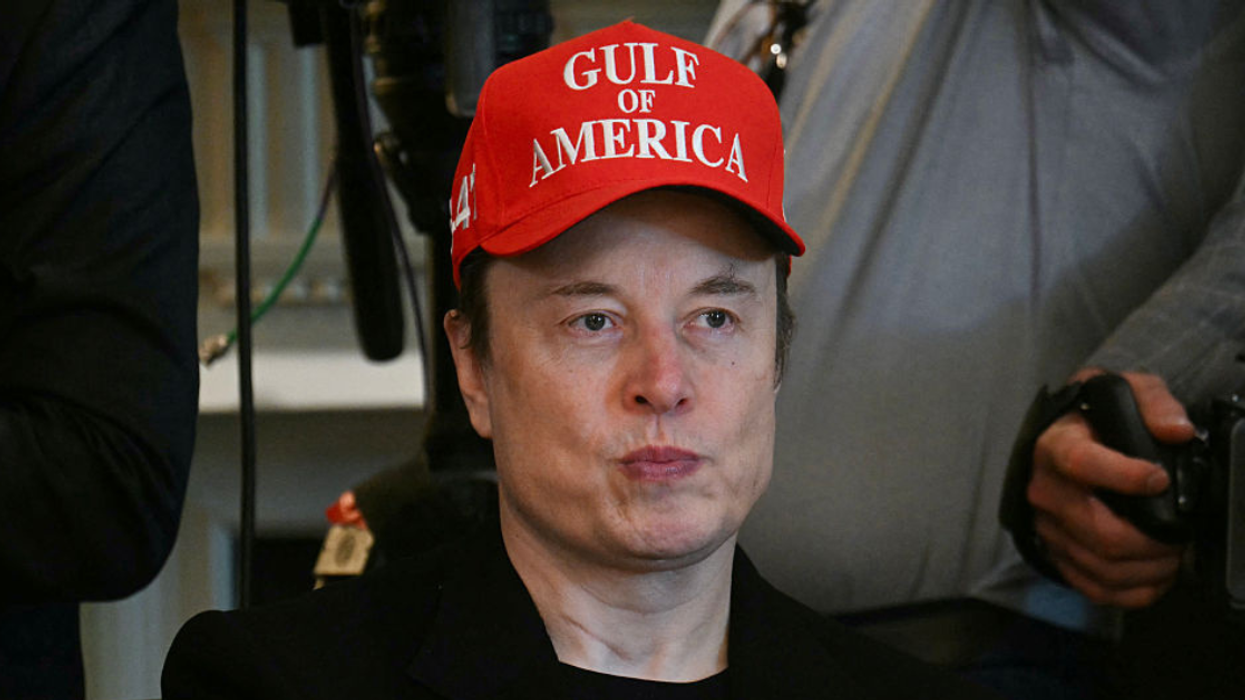
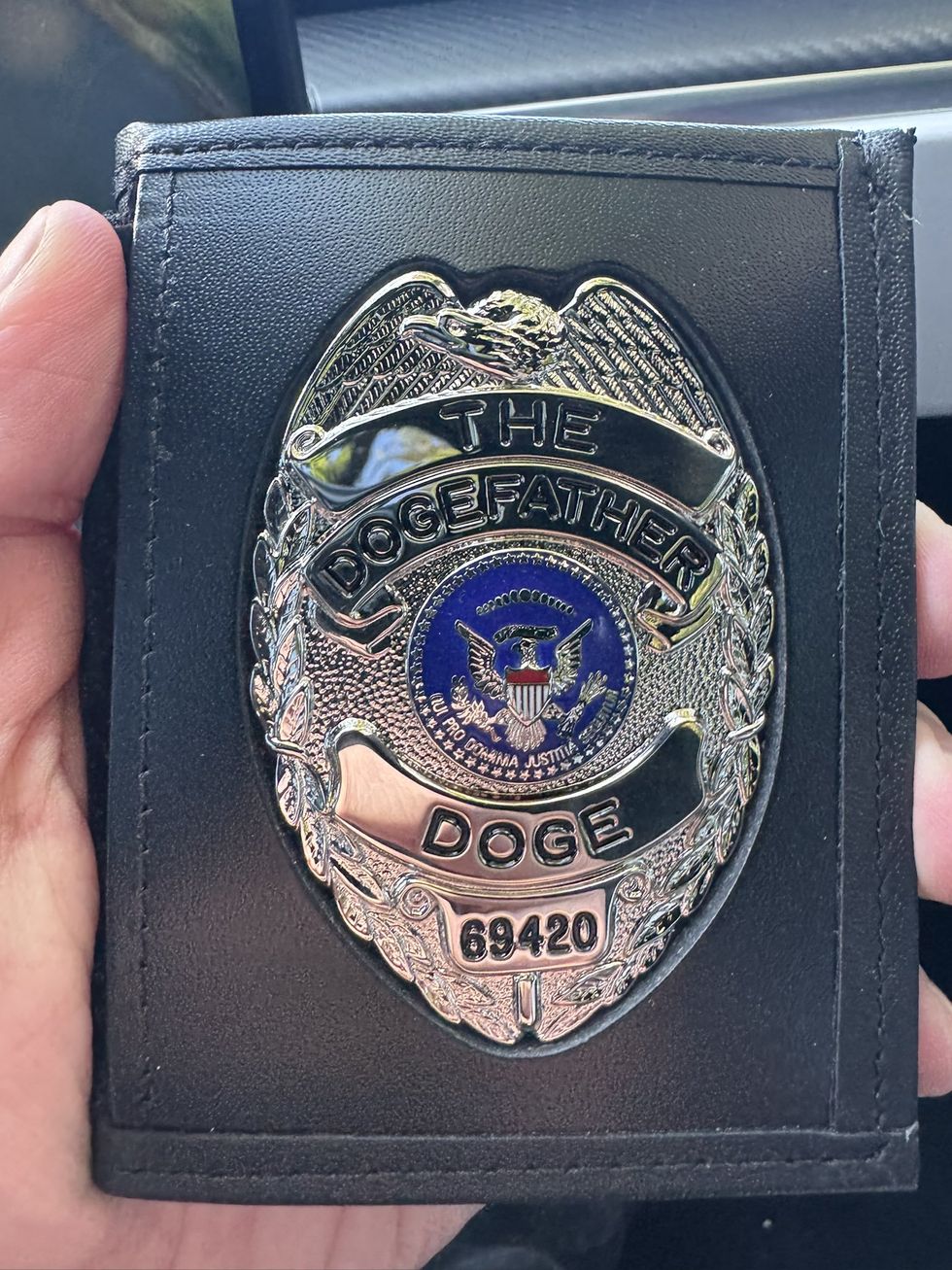 @elonmusk/X
@elonmusk/X
